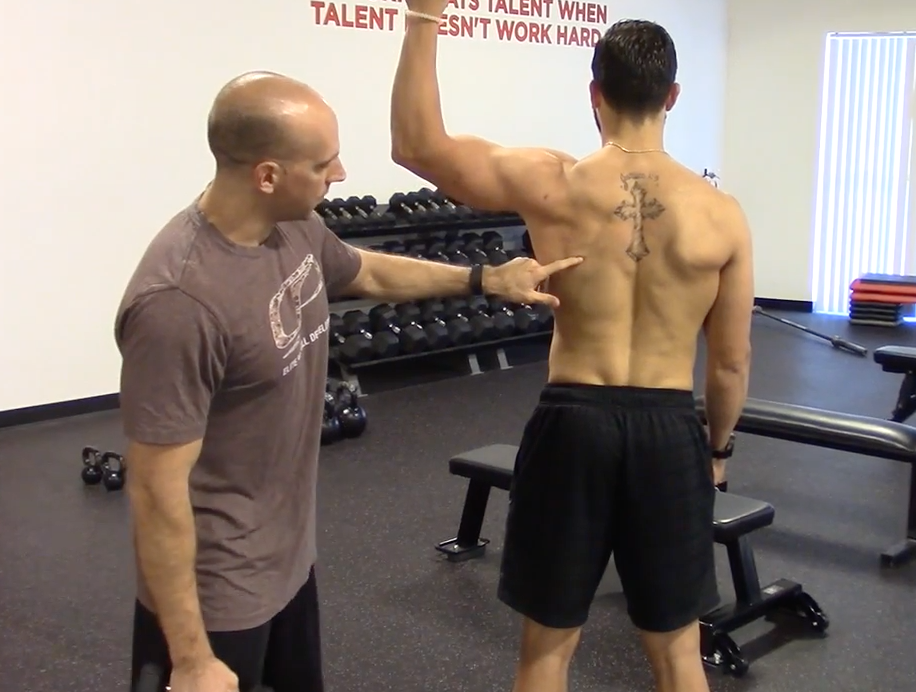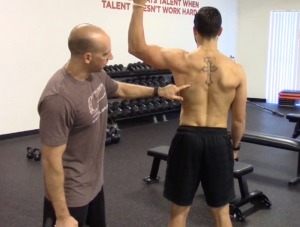
Coaching Strategy: Shut Up More Often
I really love strength and conditioning. I see athletes as similar to choose-your-own adventure books where you have to find the right assessment, programming, and coaching strategies to get them to where they need to be. Each case is unique, so I get genuinely excited in trying to solve new puzzles every day.
Early in my career, though, that excitement often got the best of me. My brain would race faster than my mouth could keep up, and I used my mouth more than my ears and my eyes. Looking back, I threw way too many questions, observations, and cues at athletes. In talking so much, I probably not only confused them, but also missed out on invaluable chances to listen more and learn about their stories – which would help me solve these puzzles. Now, I talk much less and do a lot more listening. My goal in every assessment is to listen 80% of the time and only talk the remaining 20%. And, in my coaching interactions, I try to be as to-the-point as possible, using fewer words and more body language and gestures to convey my points.
Not surprisingly, I feel strongly that shutting up more often has made me a far better coach. Improving in any of life’s challenges – athletics included – is about learning to tune out the noise – and too many coaching cues are just distractions as you’re trying to learn how to move correctly. Interesting, as author Adam Grant recently pointed out on Twitter, there are academic parallels to this. A 2014 study (described here) reported that “when kindergartners were taught in a highly decorated classroom, they were more distracted and scored lower on tests than when they were taught in a room with bare walls.” When we’re trying to learn – whether it’s our ABCs or how to trap bar deadlift – loads of distractions are our biggest enemy.
With that in mind, you have to ask yourself: “As a coach, am I a facilitator or just another distraction?”
If you’re giving an athlete 58 visual, verbal, and kinesthetic cues all at the same time, you’re overcoaching and overwhelming them. Moreover, if you’re asking them asking them about their weekend while they’re in the middle of sets, you’re likely taking them further away from their goals. As I’ve written time and time again:
[bctt tweet=”Good coaching cues are clear, firm, concise – and TIMELY.”]
As much as it may hurt to admit it, sometimes, the best way to get athletes to where they want to be is to shut up. The next time you’re struggling to get an athlete to make the adjustments you’re trying to accomplish, take a step back and simplify your coaching approach with fewer words.



